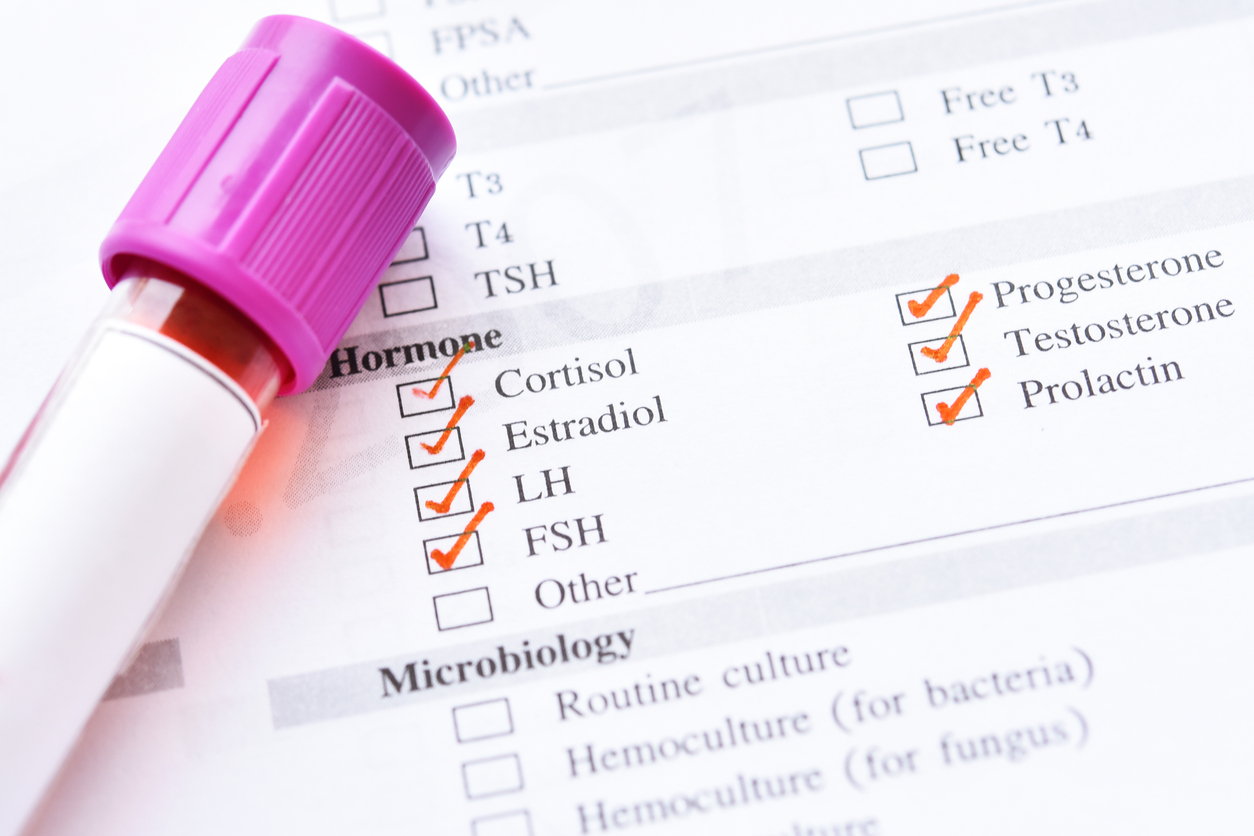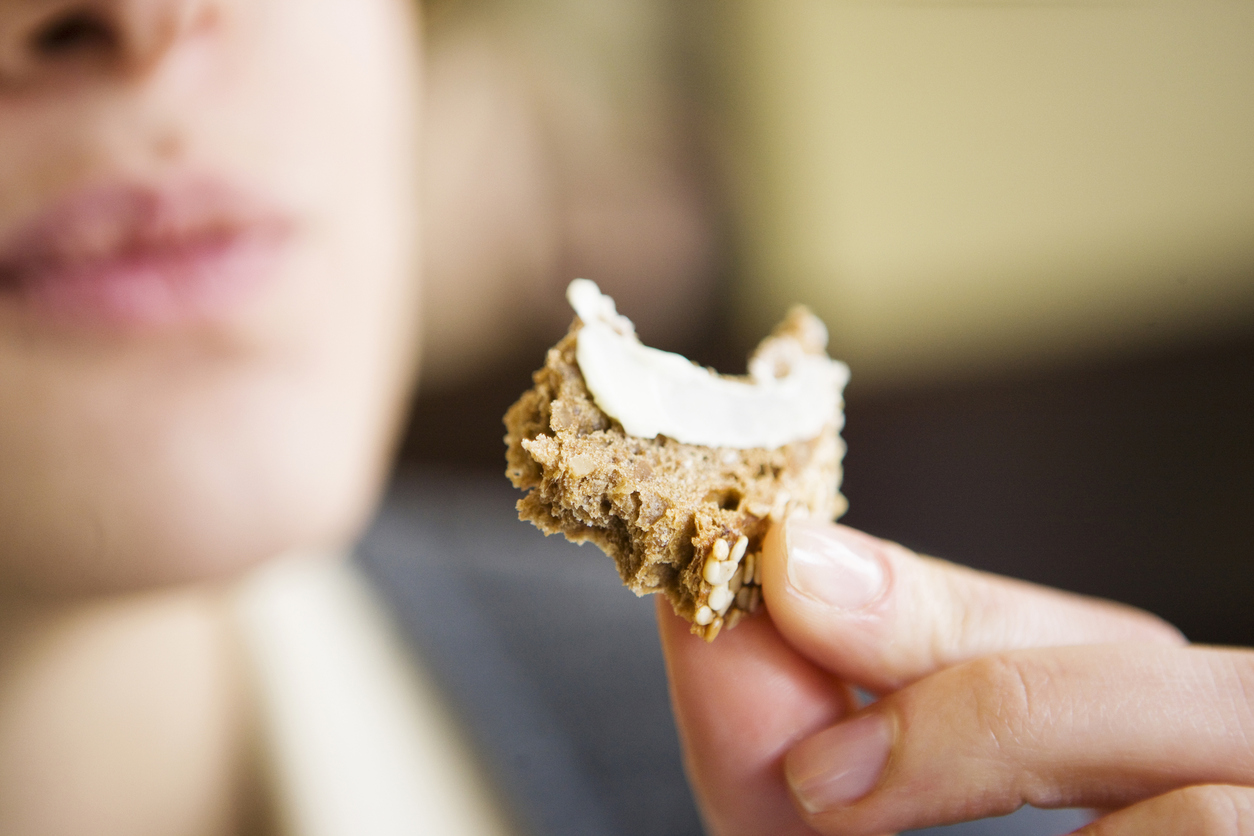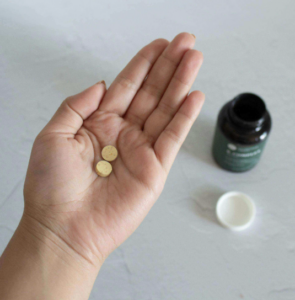As you age, it becomes harder for you to lose fat. About the time you begin to experience menopause, you tend to notice you’re a bit more tired around noon, and you don’t always have the energy you need to exercise as you should. Part of the reason for this is that your metabolism is changing, and your hormone production is changing and slowing down. With metabolism and hormone changes come mood swings, a mess of unwanted pounds, and feelings about the fact that you are getting older.
1. Get Your Hormones Checked

With the decline of progesterone, testosterone, and other hormones, our body begins storing instead of losing weight. Although many focus on estrogen loss at this time of life, having sufficient testosterone levels can help women slim down by reducing blood glucose levels. By lowering the glucose levels, you promote weight loss and have a better chance of losing that oh-so-stubborn belly fat.
2. Eat Smaller Meals More Often

Your digestive processes also start to slow down, which means more nutrients are lost as your food remains exposed to harsh acids for more extended periods. This decrease in nutrients can lead to fatigue, lack of energy, and weight gain. If you want to keep your digestion up to par to lose fat, eat fresher foods more often. Make sure you are getting enough usable calcium in your diet. If you know your diet isn’t what it should be, start taking a dietary supplement that is designed to meet the needs of women over 40.
Smaller meals and smaller portions will prevent your digestive tract from being overwhelmed. They will actually allow your body to take in the nutrients it needs before an acidic environment destroys them. Also, remember to eat your biggest meal towards the middle of the day so you have a chance to burn off most of the calories you take in.

3. Stay Active

Even if you don’t have the motivation to do so, find a way to stay active if you want to lose fat. While most women remain active due to work and family obligations, those who have a job where they sit for several hours at a time can find themselves sitting at home as well. When you’re at work, take a few minutes every hour to stretch. Either stand up or stretch while you’re sitting in your chair. A few minutes of solid stretching (where you can actually feel your muscles working) will improve your circulation, send fresh oxygen to your brain, and help keep you motivated to move. You might also consider a standing desk. Studies have shown a myriad of benefits that a standing desk can bring. Also, once you leave work, take a walk or go straight to the gym to burn off the day’s frustrations.


4. Eat Strategically

Keep a close eye on your diet. It’s essential to eliminate the fats that can clog your cardiovascular system, but don’t eliminate the fats that help your body function better. Monounsaturated fats are necessary for good heart health. Omega-3 fatty acids, like those found in fish, flaxseed, and olive oil, will help your body function more efficiently. A more efficient metabolism means more calories are burned and fewer are stored. In fact, eating the right fats will allow your body to burn more fat and less muscle. Add more protein to your diet as well. Many people don’t realize that when they don’t consume enough protein, the body pulls it from their muscles.
5. Make Positive Lifestyle Changes

The only way to lose fat is if you make a conscious effort not to make the same mistakes that caused your weight gain in the first place.
- Change the way you think about food. Enjoy every bite, and take the time to chew your food thoroughly. You will feel full faster, and smaller portions won’t be a problem.
- Make mealtime a neutral zone. Share family conversation, but avoid topics that cause frustration and anger.
- Remember the formula and apply it constantly. Calories out should always be greater than calories in if you want the result to be weight loss.
- Maintain a positive attitude. Even if you have a bad day, look for the silver lining.
- Exercise as often as possible. Staying active will increase your motivation and improve your mood.
Anyone can make positive lifestyle changes at any time. Sometimes, you may need something to motivate you. For others, it’s the realization that something needs to change if you want to improve your health. Making several changes at once can be overwhelming and lead to feelings of frustration. Don’t push. Take things one step at a time so you won’t be so easily discouraged. Losing weight while you’re in your 20s is a chore. Losing weight after you’re in your 50s and older is a challenge. It may be a little more difficult to lose fat, but it can be done.
If you are truly ready to commit to losing those extra pounds, take things one day at a time. Don’t allow yourself to be overwhelmed. If you slip once or twice, make up for it by taking a walk or a yoga class. Spend more time with family and allow yourself to smile. Losing those extra pounds should not be a life sentence of frustration. Instead, it should give you a new lease on life. One that allows you to be yourself and enjoy every minute of your time, no matter how you spend it. The more you focus on putting life into your years, the less likely you will be to stress over a few pounds. The pounds will start to melt away before you know it, and your health will gradually improve.
Read Next:







